Get to know yourself
Personal development in educational charity curriculums – Alongside their lessons, students at Children of the Mekong gain a better understanding of their friendships, work, […]
Our mission at the Children of the Mekong charity is to enable the least privileged to get access to a rounded education which combines academic study with personal development.
We have given lots of thought over a long period to the best way of doing this, and have come to the view that ourholistic training is underpinned by three cornerstones: building oneself, opening oneself to the world, and involving oneself in society.
In Thailand, we do not talk about affectivity and relationships between boys and girls. It’s a taboo. In the street or in public, contact is considered very immodest or even shocking. It would be impossible to think of holding hands for example. For me, it’s something cultural: you shouldn’t show your emotions.
However, things are changing. The mentality of young people is changing particularly through contact with globalized popular culture. Movies and songs popularise a Western model which is not that of past generations. Schools are therefore trying to address these issues of relationships between boys and girls, but this is quite new. The real problem is that these changes create fractures in families. Thai culture highly values respect for elders. A young person cannot question what an older person says especially in his own family. When a child disagrees with his parents, it is easier for him to leave than to confront his parents.
I know a young girl who lives in Bangkok. She is a student and lives with her boyfriend in an apartment they rent together. This young woman is of Karen origin, an ethnic group from northern Thailand and Myanmar. In the Karen tradition, boys and girls have very few common activities and do not mix much. This young girl is aware that her choice to live with her boyfriend will not be understood by her parents. They could even suffer and lose face if it were to come to light. So she cuts off relations with her family and no longer dares to return to the village. Unfortunately, this is an increasing common situation in Thailand, in poor areas.
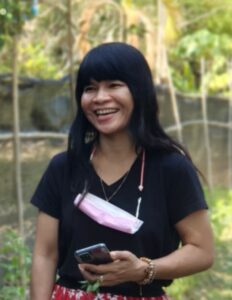
14%
This is the percentage of teenage pregnancies in 2016 in Thailand.
1089 cases of domestic violence
according to the Association for Human Rights and Development in Cambodia in 2012
We need to learn how to build right relations between boys and girls, to assume our choices and, thus, to preserve the unity of our families.
Sina Vann is a survivor. With modesty but with tears in her eyes, she tells the despicable story that led her from the Vietnamese rice fields to the brothels of Phnom Penh. She owes her salvation to the Afesip association. The cultural work of raising awareness is immense for child protection associations: 85% of prostitution is consumed first by locals and 15% by foreigners. Today, Sina works with passion for the organisation that took her in and does not want to hear about marriage. Too many clouds at the front. Too many young girls to save. This miraculous woman is not part of a small group of children who are victims of trafficking. If the country is less exposed to sex trafficking than its Thai neighbor, according to Unicef figures, in Cambodia, one third of the 50 to 70,000 prostitutes are children who sell their bodies in three thousand bars, karaokes, massage and brothels. (…)
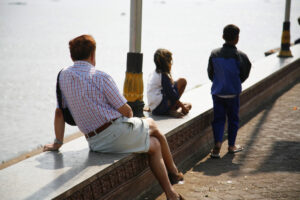
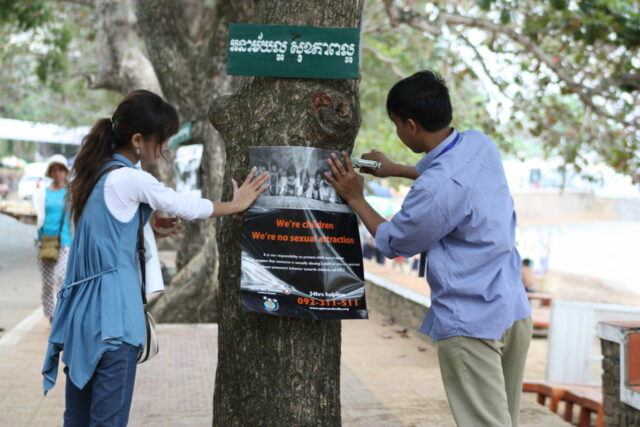
These activities touch the heart, young people engage, they dig, and sometimes they have to go out, catch their breath, dry their tears.
For Children of the Mekong, knowing and respecting oneself is not enough. It is still necessary to know and respect others. In all our countries of action, differences in treatment remain between boys and girls, particularly in terms of access to education. But even when they are together, traditions often require girls and boys to maintain a significant social distance.
This is still the case in Myanmar, for example, where boys are often seated on one side of the classroom and the girls on the other. In the association’s centers and boarding houses, young people are encouraged to talk to each other and to participate in common activities such as sports or dancing. Competitions are sometimes organised to allow everyone to meet and compete in their respective categories. “It is not a question here of encouraging romantic relationships because they are forbidden in homes, but rather of encouraging them to express their feelings and build solid friendships, explains Chandeth, training manager at the Sisophon Centre. * In families, parents put strong pressure on children to succeed. Young people are not used to expressing themselves truthfully to anyone else, except sometimes to their mother. »
To carry out these trainings, Children of the Mekong joins forces with a partner: Karol & Setha. “Karol & Setha is first and foremost a great burst of laughter, explains Armelle Lahalle, head of the holistic training of Children of the Mekong and former Bamboo volunteer at the Dr Christophe Mérieux Center.
From the ground floor to the 4th floor of the Center of Phnom Penh, the first games can be heard starting the 5-day training course. During these sessions, priority is given to friendship, a sine qua non condition before pushing the reflection on affectivity and sexuality. Karol & Setha’s approach, combines “critical thinking with a clear understanding of sexuality in the context of relationships”.
These 5 days allow young people to carry out a real personal inner work and also to progress together, in a fundamental respect for the freedom and dignity of each person. The main objective at the end of this educational process is to enable them to communicate their feelings and needs, to understand their feelings but also the needs of others. “These courses are very intense for the students,” observes Armelle. Sometimes young people are invited to share about painful moments in their lives. This often leads to one of the two facilitators accompanying an upset young person out of the room and giving them valuable time to talk one-on-one. These activities touch the heart, young people engage, they dig, and sometimes they have to go out, catch their breath, dry their tears. This is why the input of the Karol & Setha team is valuable. In addition to being of the same nationality and the same culture as our young people, they have an additional talent: individualised support for those who express the need.
Jean-François Frys, whose wife Myriam founded this association, often reminds us that facilitators need a full year of training before they can start leading a group themselves. The heart, body and mind are inseparably linked: affecting one of them affects the other two. It takes no less than a year to learn to identify some of its boundaries. This philosophy of Karol & Setha, based on a holistic approach to the human being, is fully shared by Children of the Mekong.
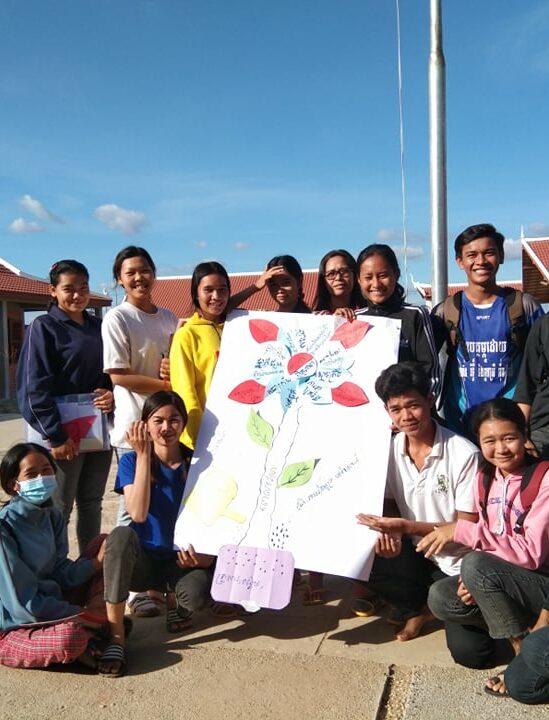
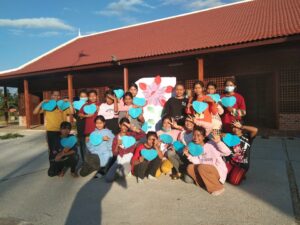
During this session, I understood many things about love. Many doubts were cleared in my mind regarding my ideas… I also discovered other things that make a person happy besides relationships with the opposite sex. The quest for happiness does not end when we fail to get love from the person we love or admire. Love can come from anyone.
I realised during this session that being in love is not a bad feeling or a bad decision. On the other hand, being in a relationship at the wrong time can lead us to make mistakes.
Learn more about our privacy policy here.

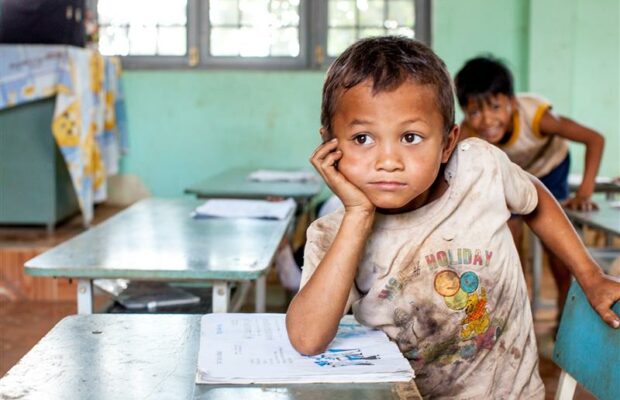
Personal development in educational charity curriculums – Alongside their lessons, students at Children of the Mekong gain a better understanding of their friendships, work, […]
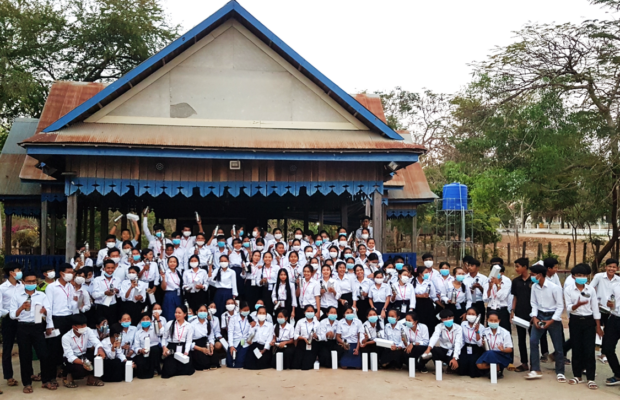
Significance of holistic education for the Khmer children in Cambodia An interview with Martin Maindiaux by Antoine Besson
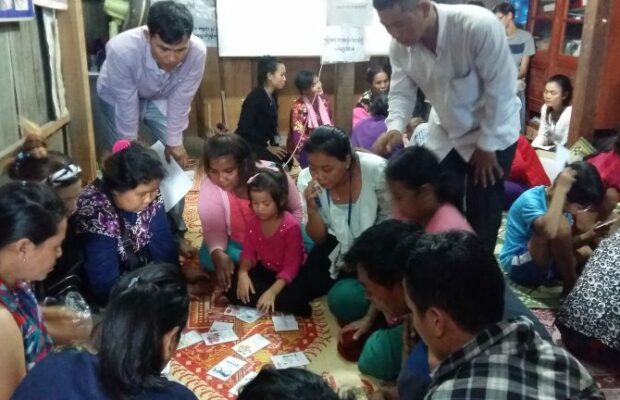
Third pillar of holistic training: involving oneself in society The testimony of Chandeth, programme manager in Cambodia, and the solutions proposed by Children of […]
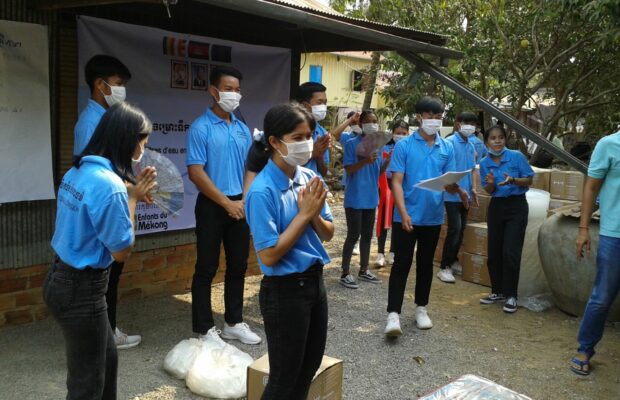
First pillar of holistic training in education: building oneself
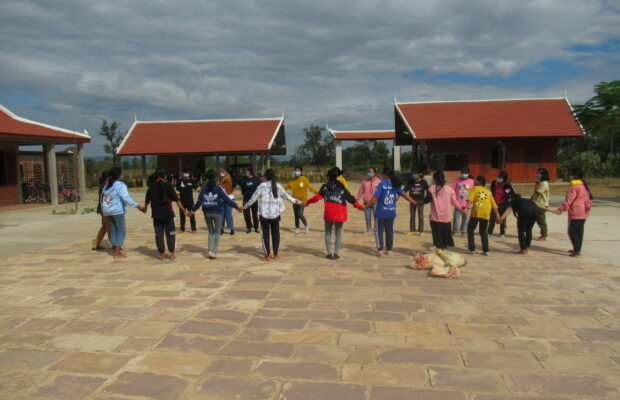
Second pillar of holistic training in education: Opening up to the world